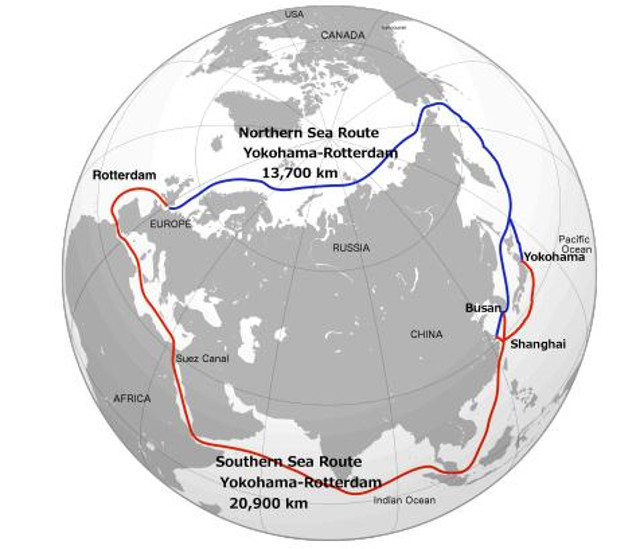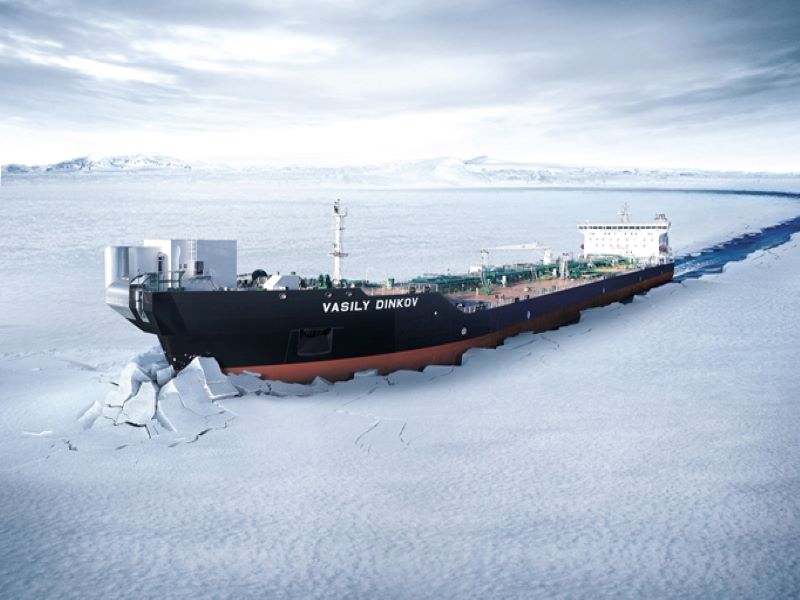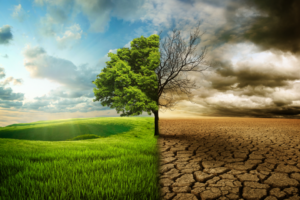What comes to mind when you think about the climate crisis? Stifling heatwaves, droughts, increased chances of extreme weather events? Not much to look forward to. But the changes we’re making to the climate won’t affect every area of the world in the same way. Some areas will suffer, others will see benefits when the climate crisis takes a stranglehold.
I’m the sort of person who likes to leave the best until last. So let’s start with the bad side of the crisis. Currently, Somalia is facing a climate emergency few people know about. An effect of the climate crisis is weather patterns are changing. In Somalia, this has led to the failure of rains. Rains the country’s rural population depend on for their crops and livestock. The drought Somalia is experiencing as a result ‘could threaten the lives and livelihoods of more than two million people by the end of summer.’
Poor rural communities in places like Somalia depend on the land for their survival. They face ruin when the land fails to produce crops and provide food for livestock. Leaving rural communities with little option but to abandon their land and turn to aid agencies for their survival. This results in a loss of livelihood and financial independence.
As we progress into the 21st century an impact of the climate crisis will be an increase in environmental migrants. These are people who are forced to leave their homes due to changes to the climate. The UN estimates there could be as many as 200 million climate migrants by 2050. This will create a crisis of unimaginable proportions.
It’s not all bad though, is it?
The futures not looking great, but in some areas, it’s looking far rosier. Increases in global temperatures are melting the Arctic ice sheet. Scientists believe it’s a matter of if, not when the Arctic will be ice-free in the summer.
This transformation of the Arctic region is opening up shipping routes that were once inaccessible. An Arctic voyage cuts the time it takes to travel between the West and Asia by as much as 20 days. This will slice shipping costs. The opening up of the Arctic is a bounty that the six countries that border the Arctic can look to take advantage off.

If we simply look at the world through an economic lens, there are some exciting opportunities for an ice-free Arctic. However, the Arctic melt is considered a critical alarm bell for worse to come.
The climate is an interconnected system, where a change in one part affects every other part. Human-induced changes to the climate have led to a transformation of an entire ice sheet. That’s a pretty big change. To see the benefits of this phenomenon doesn’t grasp the bigger picture.
It’s the economy stupid
It’s good to have a positive outlook but to see the Arctic melt as a good thing takes some going. Our economy is the driving force behind the climate crisis. This economic model places an emphasis on profit above all else. So it’s no surprise people would now start to think of the economic opportunities the climate crisis will create.
Surely the function of an economy should be to provide for and create value to society? How can we even consider the economic benefits of our current path, when we know this path will create misery and disorder in vast areas of the world?
Quite frankly, if people are set to suffer unimaginable hardship as a result of the climate crisis, then an economic ‘benefit’ is irrelevant when contrasted with this suffering. And if there are any benefits in an economic sense, surely these should be directed towards helping in areas facing hardship?
After all, the areas set to suffer the worst impacts of a changing climate, have contributed the least to create the crisis. The West is responsible for the vast majority of historical emissions. The bitter irony is that the wealth generated as a result of those emissions means Western countries have the financial resources to best deal with what’s to come.
Self-interest
My fear about the changes taking place in our environment is not focused on the changes themselves, but how we deal with those changes. That is what the crisis will be. People will look out for themselves. Governments will consider their own self-interest before those who are suffering in other parts of the world.
Self-interest is a poison that places a focus on the few, rather than the whole. If every country prioritises its own self-interest, it will become easy to disregard the crippling impacts happening elsewhere. It is after all easier to live by the mantra, if we can’t see it it’s not happening.
The problem with this mentality is that the climate system doesn’t have borders. Changes in one part of the world can have destabilising effects in other parts of the world. The problem requires us to see the world as one unified system. Unfortunately, we don’t see the world this way. As the crisis begins to accelerate countries will become more entrenched, protecting their self-interests.
The climate crisis provides us with an opportunity. Rather than seeing the world from the perspective of everyone for themselves, what we need is for people to see the world from the perspective of humanity as a whole. Collaboration is key if we want to solve the issues we’re facing. We will only have collaboration when there is compassion amongst people.
But what do we see? Countries are focusing on how they can benefit from the upcoming crisis. Does this really reflect an attitude of compassion towards those set to suffer the worst impacts? Self-interest is at the heart of this point of view. If each country continues to focus on self-interest we really are in for a bumpy ride. If the crisis creates compassion and solidarity amongst people, then we just might be able to deal with what’s to come.



